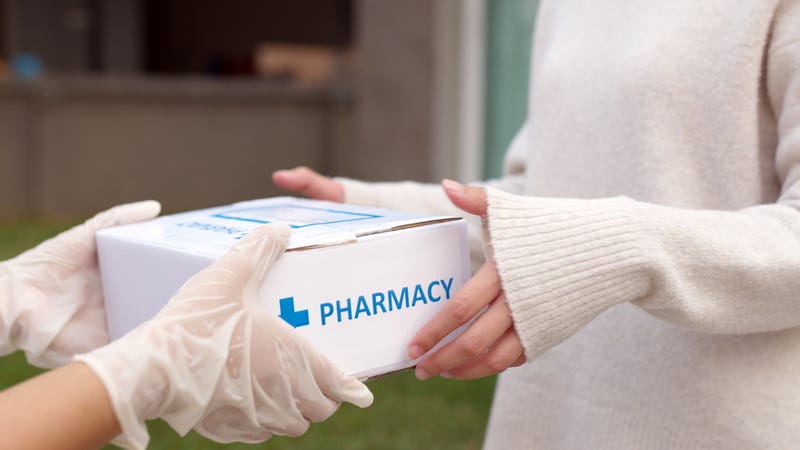
A research letter published Tuesday by the JAMA network shows that requests for abortion medication increased as news of the U.S. Supreme Court decision to overturn Roe v. Wade protections broke.
While there were 83 mean daily requests for the medication before POLITICO leaked the court’s draft opinion in May, there were 137 after the leak and 214 when the final opinion in the Dobbs v. Jackson Women’s Health case was delivered in June.
“Requests for self-managed abortion through online telemedicine increased following Dobbs,” said researchers. “The largest increases occurred in states that implemented total bans, with requestors frequently citing these bans as their motivation for accessing the service.”
According to the letter, the Dobbs opinion created a “patchwork of state abortion laws,” when it reversed decades of reproductive rights protection in the U.S.
As of Tuesday, 12 states had a total ban on abortion (Alabama, Arkansas, Idaho, Kentucky, Louisiana, Mississippi, Missouri, Oklahoma, South Dakota, Tennessee, Texas and West Virginia), per the Guttmacher Institute. Overall, the institute said that 44 out of the 50 states prohibit abortions after certain points in pregnancy.
Poll results released Sunday by ABC News/Ipsos found that “about three in five registered voters believe abortion should be legal in all or most cases, and a plurality would be more likely to support a candidate for elected office who favors keeping abortion legal and available.” In September, POLITICO reported that GOP pollster Paul Shumaker said “voters are ready to punish the party for restricting access to abortion too much.”
Although the American public widely supports abortion access, Supreme Court Justice Samuel Alito noted that public opinion was not a consideration in the Dobbs opinion he penned. The opinion was backed-up by a conservative leaning court that includes three justices appointed by single-term former President Donald Trump.
Only one online telemedicine service – nonprofit Aid Access – provides self-managed medication abortion in the U.S., according to the research letter. To conduct the research, authors of the letter analyzed anonymized requests for medications to the service for the “baseline” period of Sept. 1, 2021, to May 1, 2022 the leak period from May 2 to June 23, 2022 the post-Dobbs period from June 24 to Aug. 31, 2022.
During this period, the telemedicine service received 42,259 abortion medication requests from 30 states and “every state, regardless of abortion policy, showed a higher request rate during the periods after the leak and after the formal decision announcement, with the largest increases observed in states enacting total bans.”
Louisiana saw the biggest jump, from around six requests daily to 15, followed by Mississippi, where requests increased from approximately two to eight daily. Alabama Oklahoma also saw jumps from two requests daily to six and Arkansas saw a jump from two to seven.
“In states with total bans, 31.4% of requestors cited ‘current abortion restrictions’ as a reason for accessing the service at baseline [versus] 62.4% after the decision,” researchers said.
Increases in requests were also observed in states where the legal status of abortion did not change, but the study authors concluded that the findings “support prior research that limiting abortion within the formal health care setting is associated with more self-managed abortions.”
Abortion rates decreased 21% in the U.S. from 2010 to 2019, while abortion access was still protected by Roe v. Wade, though rates did increase slightly (0.9%) increased from 2018 to 2019, according to the U.S. Centers for Disease Control and Prevention. Most abortions reported in 2019 (92.7%) were performed prior to 13 weeks gestation.


